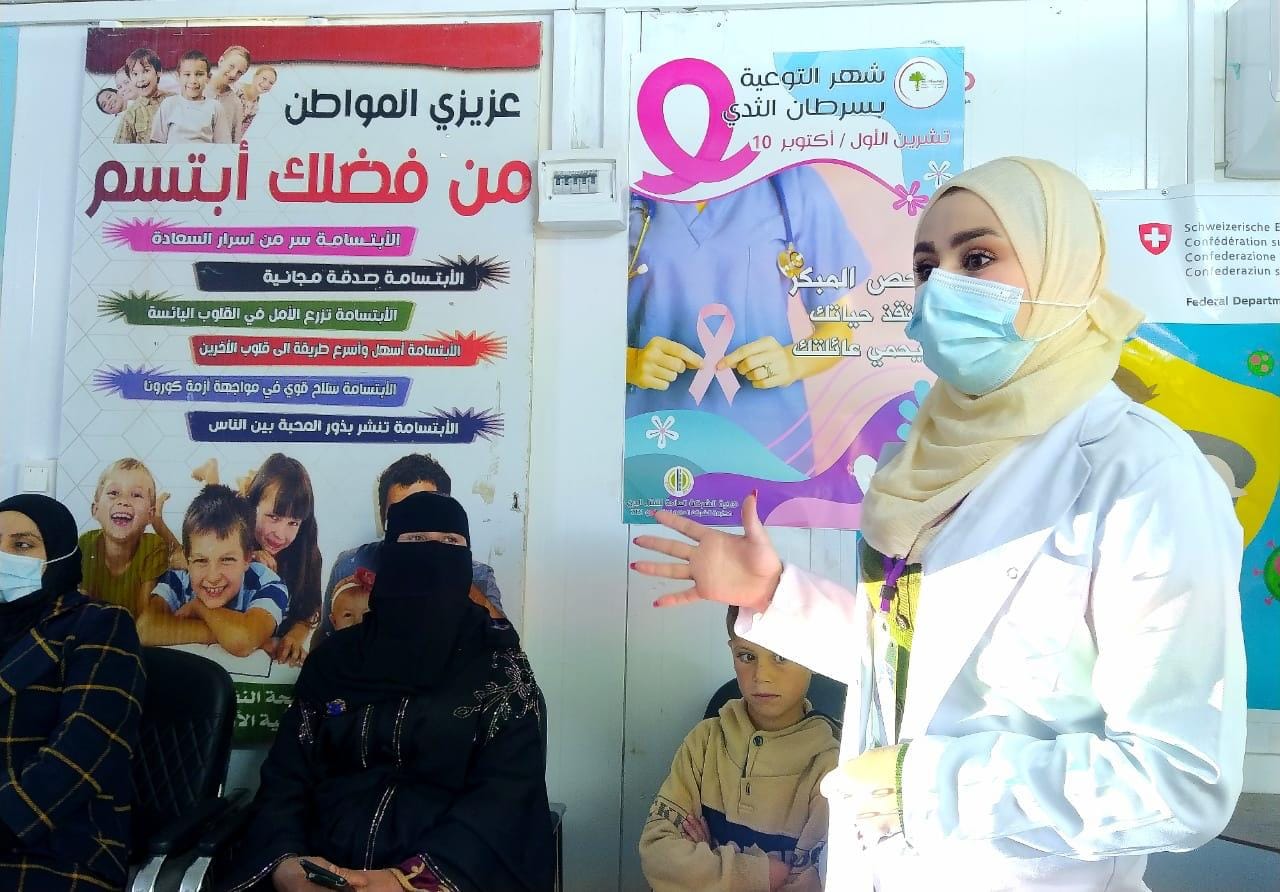There are still many challenges in Mosul, despite the provision of family planning services in several health centers in Nineveh province. The dominance of tradition, lack of awareness, and weak health infrastructure prevent many citizens from benefiting.
Family planning services are available at Mosul and Batool general hospitals on the east bank, Salam and Khansa on the west bank, and several other hospitals in Ba'aj and Sinjar districts.
Dr. Mohannad Mahmoud, director of public health in the Nineveh health department, told Kirkuk Now that these services are part of the strategic plan for family reorganization, “but face major challenges, including cultural, social, economic, health, and medical obstacles.
The Iraqi Federal Government has a national strategy for family planning and childbirth interval for 2020-2025, currently in the final stages of implementation, to increase the childbearing interval to at least two to three years by providing health services and contraceptives.
The project aims to improve maternal and child health, reduce mortality, and combat poverty.
Dr. Mahmoud, an expert in community medicine, highlighted the challenges facing the implementation of the strategy.
"Tradition prohibits these practices and efforts," he explained. "Women in Iraqi society have a limited role and lack freedom in deciding the number of children due to family pressure."
In 2019, the Iraqi government allocated just 2.5% of the state’s $106.5 billion budget to its health ministry, while security forces received 18% and the oil ministry 13.5%. The same was true for 2014.
Over the past decade, data from the World Health Organization WHO shows, Iraq’s central government has consistently spent far less per capita on healthcare than its much poorer neighbors - $161 per citizen each year on average, compared to Jordan’s $304 and Lebanon’s $649, a report by Reuters found.

If the interval between childbirths is reduced by just two years, the mortality rate of children aged one to four years will be reduced by 21% and infant mortality by 10%, according to the strategy, which protects the lives of mothers and babies.
"It is the couple's decision to determine the interval between childbirths based on health, social, and economic factors," Amwaj Maher, a lady from Mosul told KirkukNow.
She emphasized the importance of considering the future of children in terms of education and overall well-being.
She also criticized the large number of children without a program. “It is illogical to bring children into life without thinking about their food, education and future.”
Amwaj cites examples of thousands of children dropping out of school and working below the legal age, suffering from mental problems and lack of proper education.
The Family Planning and Interpartum Strategy emphasizes that the state is primarily responsible for providing family planning services as part of pregnancy health packages. Economic challenges, such as poverty and unemployment, lead some families to have more children to increase income sources.
The director of the public health department in Nineveh highlighted the weak
health infrastructure in rural areas, where medical centers lack equipment and trained staff. He also mentioned the lack of strong laws to support family planning initiatives.
Mosul, the capital of Nineveh province which has a population of over 4.2 million, 39% of whom are rural.
Iraq’s healthcare system once one of the most advanced in the region is currently in serious crisis. Thereis a shortage of buildings, drugs and the medical staff to administer care. Over the past three decades the country has been ravaged by the Iraqi-Iran war, the invasion of Kuwait by Saddam Hussein’s regime, his ousting followed by sectarian violence, the war against al-Qaeda and the rise of Islamic State in Iraq and Syria ISIS.
The political chaos after 2003, pushed an estimated 15,000 out of 52,000 registered Iraqi doctors to leave the country. Young student doctors who were admitted in public medicine schools for free primarily seek training and life abroad rather than permanent state employment.
“The health infrastructure is weak in rural areas, their health centers suffer from a lack of medical equipment and trained medical staff,” he said, adding that there is no strong law to support family planning.
“media coverage and awareness raising is weak, especially in correcting misconceptions about family planning”





